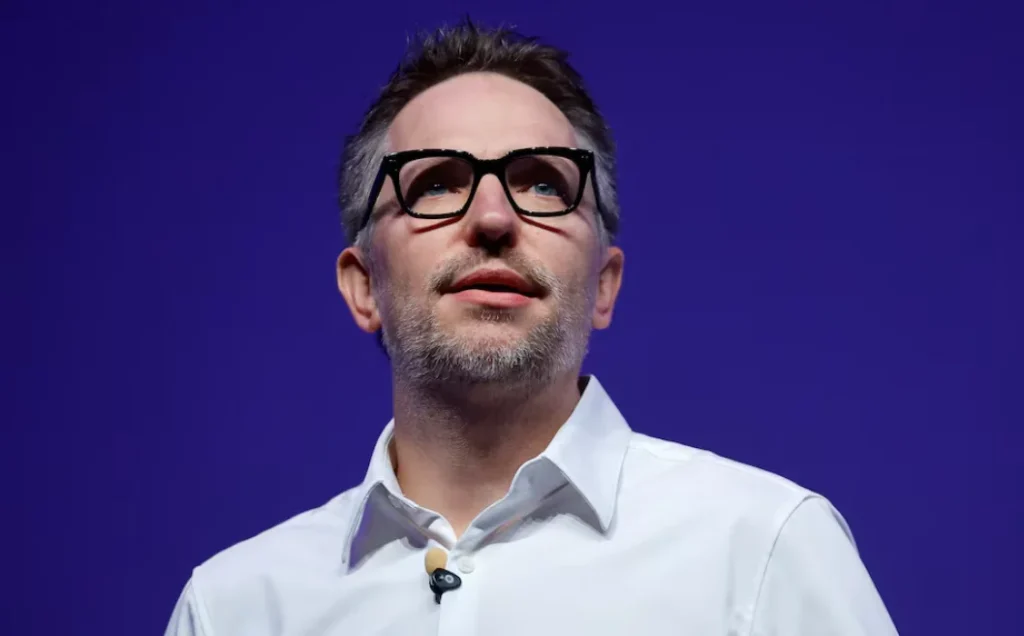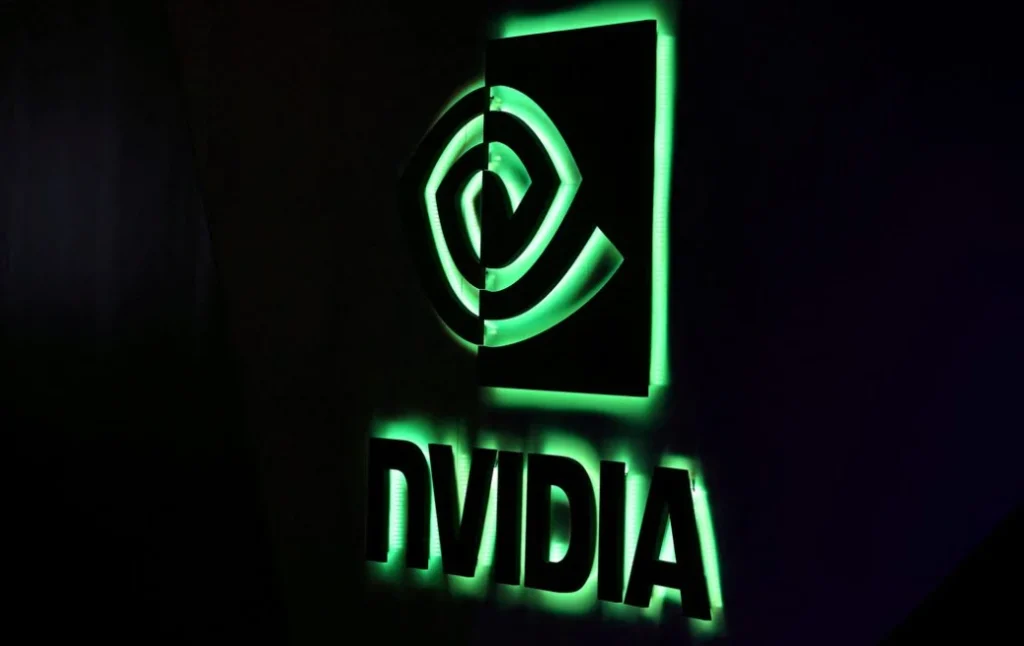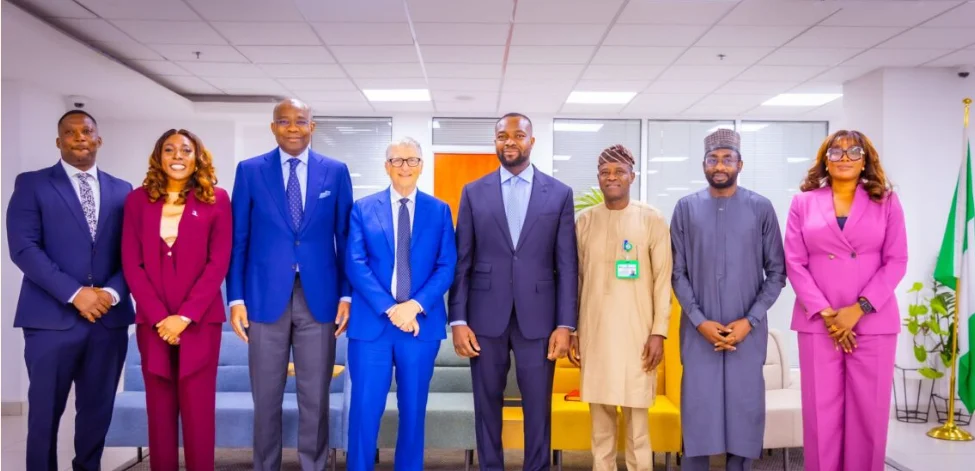Nigeria’s AI Future at Risk Without Proper Governance and Security, Say Experts
Artificial intelligence (AI) is transforming the world at an unprecedented pace, and Nigeria is eager to be part of the global AI revolution. However, industry experts caution that the country’s aggressive push into AI, without establishing robust governance, security, and ethical standards, could create significant national vulnerabilities.
Speaking at the 2025 Africa’s Beacon of ICT Merit & Leadership Awards (ABoICT 2025), Prof. Peter Obadare, Chief Visionary Officer at cybersecurity firm Digital Encode, highlighted the alarming rise of “AI washing,” where companies label basic automation tools as AI to exploit the current tech hype without delivering real innovation or accountability.
“Everything is being called AI today, from photography apps to simple automation tools. But no one is talking about AI governance. That’s a dangerous gap,” Obadare stated during his keynote address on AI Governance, Standardization, and Cybersecurity in the AI Era.
The Urgent Need for AI Governance in Nigeria
AI governance involves establishing policies, ethical standards, and technical regulations that ensure the safe, fair, and responsible use of AI technologies. Obadare compared the current AI wave to the early days of the internet, emphasising how critical cybersecurity considerations were overlooked during the development of the now universal TCP/IP protocol.
“We’re repeating the same error, rushing ahead without embedding security and governance into the architecture. Governance is not a brake to stop movement; it’s a brake to make movement safe,” he warned.
He advocated for adherence to global standards such as ISO/IEC 42001 and ISO/IEC 38507 and stressed that securing AI’s foundational components—data, algorithms, and infrastructure—is a national security imperative.
Spectranet COO: Trust, Not Technology, Will Define AI Leaders
Also speaking at the event, Amrich Singhal, Chief Operating Officer of Spectranet, echoed these sentiments in his speech titled Responsible AI and Nigeria: Balancing Innovation, Regulation, and Cybersecurity.
Singhal argued that trustworthy systems—not just powerful AI models, will determine long-term winners in the AI space.
“AI can boost productivity, yes, but it can also clone voices, spread disinformation, and undermine democracy. It’s no longer a question of readiness; it’s a question of urgency,” Singhal said.
While acknowledging Nigeria’s advantages, such as a youthful, tech-savvy population and growing AI use in sectors like healthcare, education, agriculture, and energy—Singhal criticised the country’s regulatory frameworks.
He called the Nigeria Data Protection Regulation (NDPR) and NITDA’s 2023 Draft AI Framework “underdeveloped, underfunded, and poorly enforced.”
AI Failures Are Governance Failures, Not Technological Ones
Both experts agreed that many high-profile AI failures globally stem from governance issues, not technological shortcomings. Prof. Obadare cited examples such as:
- Microsoft’s racist chatbot Tay
- Amazon’s gender-biased AI hiring tool
- The Uber autonomous vehicle fatality
These were not just tech bugs; they were oversights in ethical design and testing. He also mentioned recent cybersecurity lapses, such as the 2023 ChatGPT data breach and the DeepSeek API leak, as warning signs of what happens when AI is deployed without robust safeguards.
“The danger isn’t just in the algorithms; it’s in how we build, test, and deploy them,” Obadare emphasized.
Global Concerns: Few Countries Leading AI Governance
In a recent report, the United Nations expressed concern over the limited number of countries involved in setting global AI governance standards. According to the UN’s Governing AI for Humanity report, only seven nations are actively shaping global AI policy:
- Canada
- France
- Germany
- Italy
- Japan
- United Kingdom
- United States
The UN cautioned that AI development cannot be left to the “whims of the market,” stressing the need for government oversight to ensure ethical, safe, and inclusive growth of AI technologies worldwide.
Nigeria Must Act Now on AI Governance
Nigeria stands at a critical crossroads in its AI journey. With its demographic strengths and increasing digital adoption, the country has the potential to become a regional AI leader. But without immediate attention to AI governance, cybersecurity, and ethical standards, that promise could turn into peril.
Experts urge Nigerian policymakers, regulators, and tech innovators to treat governance not as a hurdle but as a necessary foundation for safe, scalable, and sustainable AI development.












